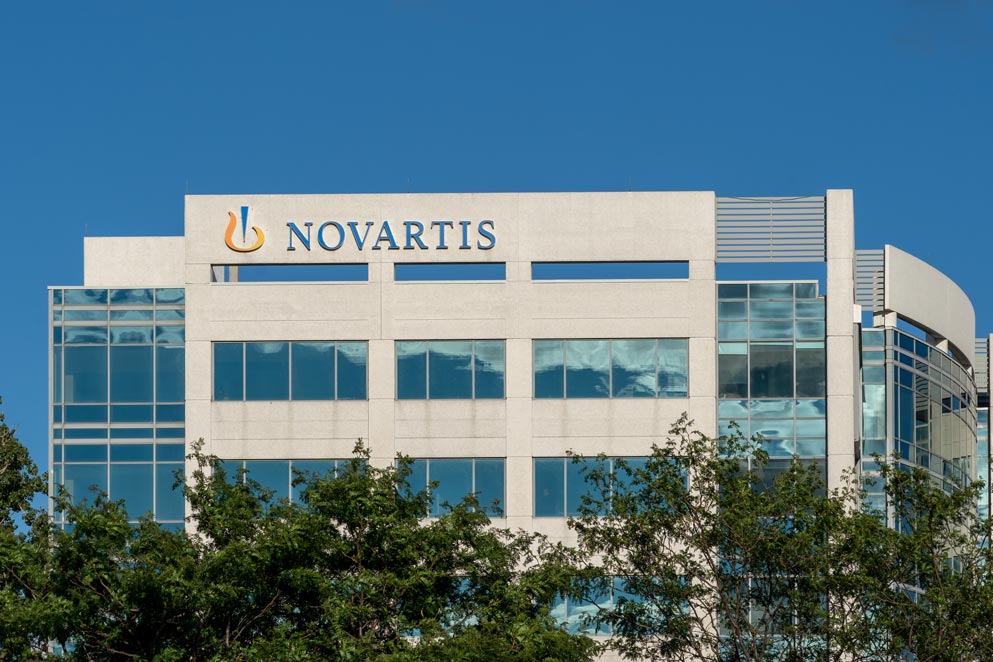Advertisment
Results from phase III NATALEE trial of Kisqal (ribociclib) + endocrine therapy show sustained reduction of recurrence in HER+/HER2- early breast cancer – Novartis

Novartis announced results from an updated analysis of the pivotal Phase III NATALEE trial of Kisqal (ribociclib) that underscore the extended efficacy beyond the duration of treatment in combination with endocrine therapy (ET). Results showed a sustained reduction in distant recurrence of 28.5% (HR=0.715; 95% CI 0.604-0.847; nominal P<0.0001), compared to ET alone, in patients with stage II and III hormone receptor-positive/human epidermal growth factor receptor 2-negative (HR+/HER2-) early breast cancer (EBC).
Reduction in distant recurrence, known as distant disease-free survival (DDFS), is a decrease in the rate of cancer returning and spreading to other organs. The DDFS with Kisqali was consistent across all pre-specified patient subgroups, including those with node-negative (N0) disease. These late-breaking data are being presented at the 2024 San Antonio Breast Cancer Symposium (SABCS).
“In day-to-day practice, we see a real and persistent risk of breast cancer coming back after early diagnosis, often as metastatic disease,” said Paolo Tarantino, M.D., Advanced Fellow at Dana-Farber Cancer Institute and Harvard Medical School. “The latest NATALEE and real-world data presented at SABCS reaffirm we can better address risk of recurrence for all patients at high-risk, including selected patients with node-negative disease, by offering them adjuvant CDK4/6 inhibitor treatment in addition to endocrine therapy.”
Safety remains consistent with previous reports, and no new safety signals were identified. Adverse events (AEs) of special interest (grade 3 or higher) were neutropenia (44.4%), liver-related AEs (e.g., elevated transaminases) (8.6%), and QT interval prolongation (1.0%5.
Real-World Risk of Distant Recurrence; Further, real-world evidence presented at the meeting highlights the relatively high incidence of distant recurrences within 5 years despite ET monotherapy for patients at high-risk, regardless of nodal involvement. “On the heels of its FDA and EMA approvals in early breast cancer, it is encouraging to see the continued benefit of adding Kisqali to standard endocrine therapy to help reduce the risk of recurrence,” said Jeff Legos, Executive Vice President, Global Head of Oncology Development, Novartis. “These data, together with the recent NCCN Guidelines Category 1 preferred treatment recommendation for all eligible patients with early breast cancer, reinforce the opportunity to evolve adjuvant treatment to help a broader group of people.”
Additional research presented at the meeting further demonstrates the ongoing focus of Novartis to advance the care of people with breast cancer, including studies investigating the potential of radioligand therapies in the treatment of metastatic breast cancer (MBC).





